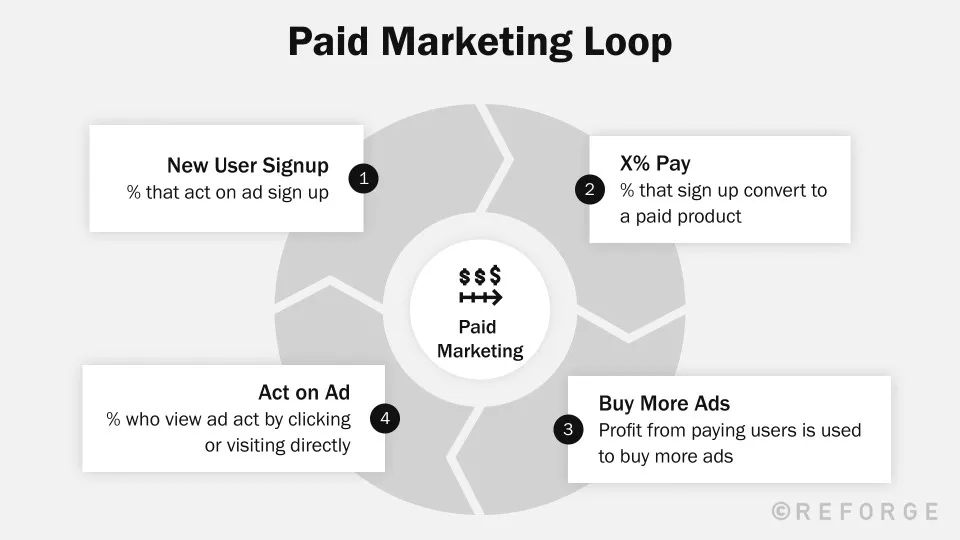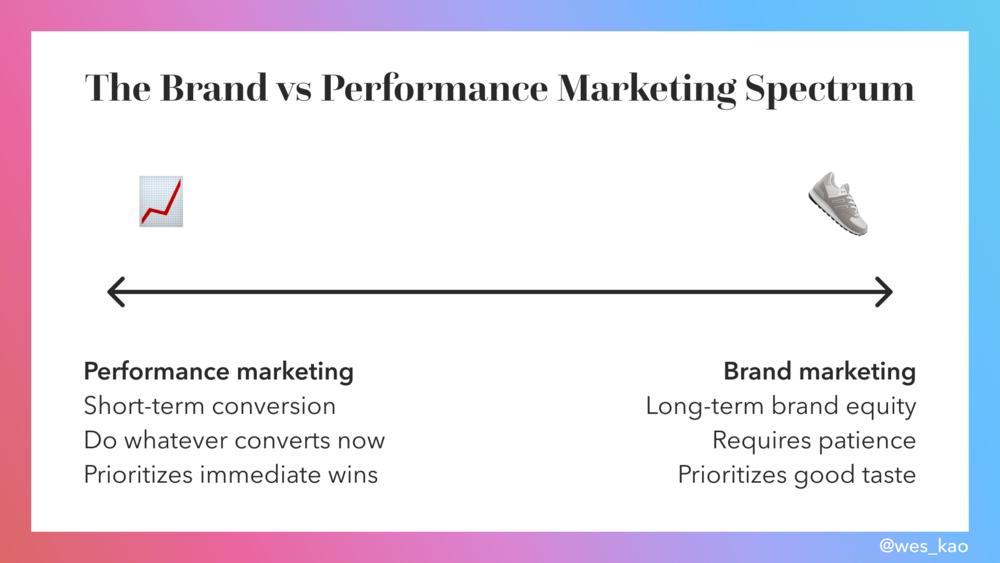by Forbes.com As B2B companies continue to seek ways to expand their reach, many are turning to podcasting as a way to build brand awareness and connect with their target audiences. While starting a podcast may seem simple, creating a successful one that generates results requires careful planning and execution. As the members of Forbes Agency Council know, this applies to everything from booking guests to selecting topics the audience will find valuable and promoting a podcast. Below, 18 members share smart tips B2B podcasters can use to create compelling audio content that their target audience will look forward to hearing. 1.…
18 Expert Tips For Creating A Successful B2B Podcast









